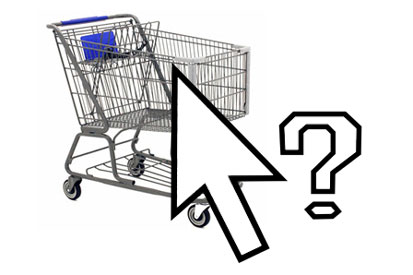
Research by dotCommerce assessed 20 of the leading UK-based retailers and found that while most have the basics of ecommerce covered, the majority are failing to embrace the rise of Web 2.0 content.
Most retailers are neglected to embrace online tools such as blogs, videos and user-generated content, or demonstrate integration with marketing tools, such as email and social media links.
Marks and Spencer (82 per cent) and John Lewis (78 per cent) scored highest, going "beyond the basics" and delivering a rich experience to website visitors, which was integrated with email, after sales and marketing initiatives.
However, health and beauty retailers fared badly, with Virgin Vie At Home (62 per cent), The Fragrance Shop (56 per cent) and Avon (54 per cent) languishing at the bottom.
The average score was 68 per cent, with only the top two retailers scoring more than three quarters of the marks, suggesting there is still some work to be done.
Few retailers provided sufficient added-value content for website users, above and beyond their product detail. For example, less than half (45 per cent) offered any kind of editorial material on their sites to engage customers and facilitate cross-sell.
In addition, just 10 per cent allowed users to submit comments or product reviews and only 15 per cent included a blog - valuable for search engine optimisation and customer retention.
Other popular Web 2.0 features were missing too, with only half of retailers using video content to give an extra dimension to the online shopping experience.
However, there were some positive signs, with the 20 retailers all scoring high marks for the customer support options available to visitors.
FAQs were commonplace on the websites, offering shoppers easy access to help and support if required and websites were well designed, with good structure on product pages, engaging product images and coherent checkout funnels.
Simon Bird, Technical Director at dotCommerce: "With competition for every consumer pound at an all time high, it's more important than ever for retailers to engage with visitors to their sites.
"It is also important to recognise the role that ecommerce sites can play in encouraging shoppers to sign-up for other marketing and promotional efforts, such as email marketing or loyalty schemes.
"This allows the retailer to begin building long-term relationships with consumers and maximising revenue from their existing base."



_1.jpg)
.jpg)
